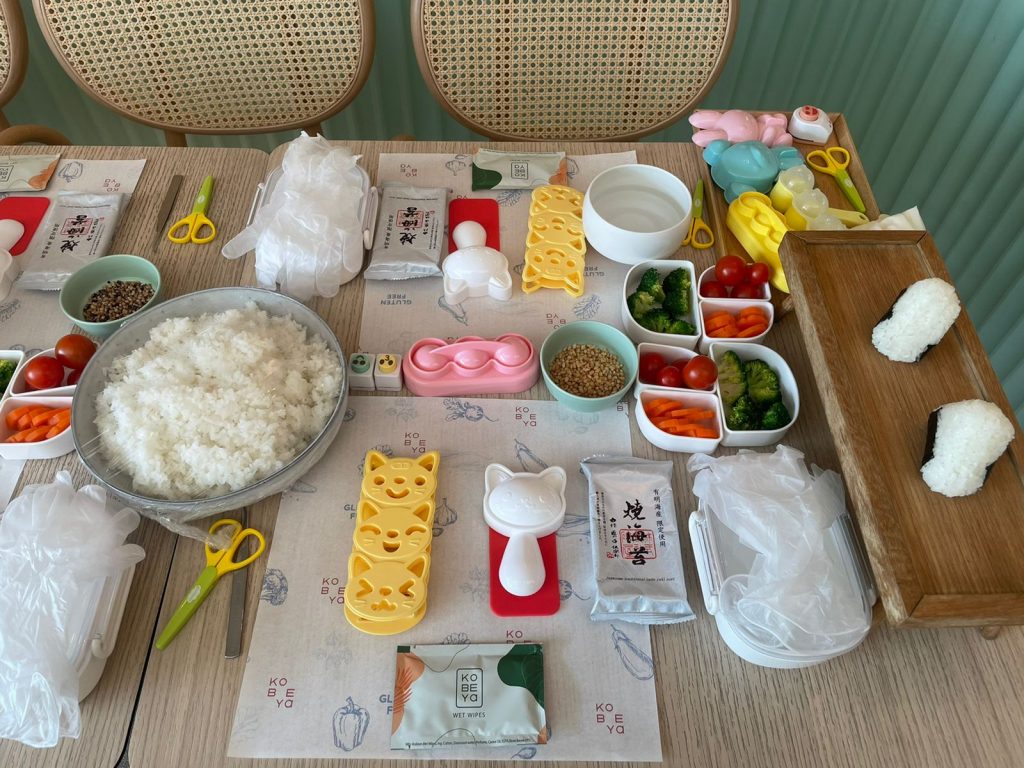
- ARAB NEWS
- 18 Jul 2025

PETERSBURG: “Onigiri” rice balls are gradually gaining popularity in Russia despite opportunities to interact with Japan decreasing in the wake of Russia’s invasion of Ukraine, which started in February last year.
The triangular rice balls are captivating Russians, including youths who have been introduced to one of the cornerstones of Japanese cuisine through anime or overseas travel.
Some restaurants are going so far as to offer onigiri containing, as a filling, “umeboshi” very sour pickled plums, which, while well loved by Japanese people, are perhaps not the first choice for those outside the Asian nation.
In St. Petersburg, the second-largest city in Russia, 30-year-old Sebastian Danilov has been running a restaurant serving “takoyaki” octopus dumplings, another popular food in Japan, for eight years. The shop now has onigiri on its menu as well.
Five flavors are available for Danilov’s onigiri, many of which use cream cheese to suit the tastebuds of Russian customers. But one of the five involves only umeboshi as he wants to offer an authentic taste of Japan, Danilov says.
Although some guests have left bad reviews online for the restaurant because the taste of umeboshi is unfamiliar to them, some repeat guests stop by just to eat the umeboshi onigiri, says Danilov, who is confident of the quality and popularity of his rice balls.
The traditional Japanese food is not as well known in Russia as the worldwide hit that is sushi. The pronunciation of the word onigiri resembles that of snegiri, a Russian word meaning Eurasian bullfinch, leading to an online comment being posted in the past saying that onigiri and snegiri are not the same things.
Still, despite the lack of name recognition for onigiri, Russians were predisposed to accept the Japanese dish due to their traditional food culture, which includes boiled buckwheat and rice porridge.
Dostaevsky, a delivery-only restaurant, whose name comes from the word dostavka, meaning delivery, and 19th-century Russian literary giant Fyodor Dostoevsky, sells onigiri, advertising the dish as a new food in vogue.
The filling choices include shrimp, crab and salmon, which are used for sushi as well.
JIJI Press